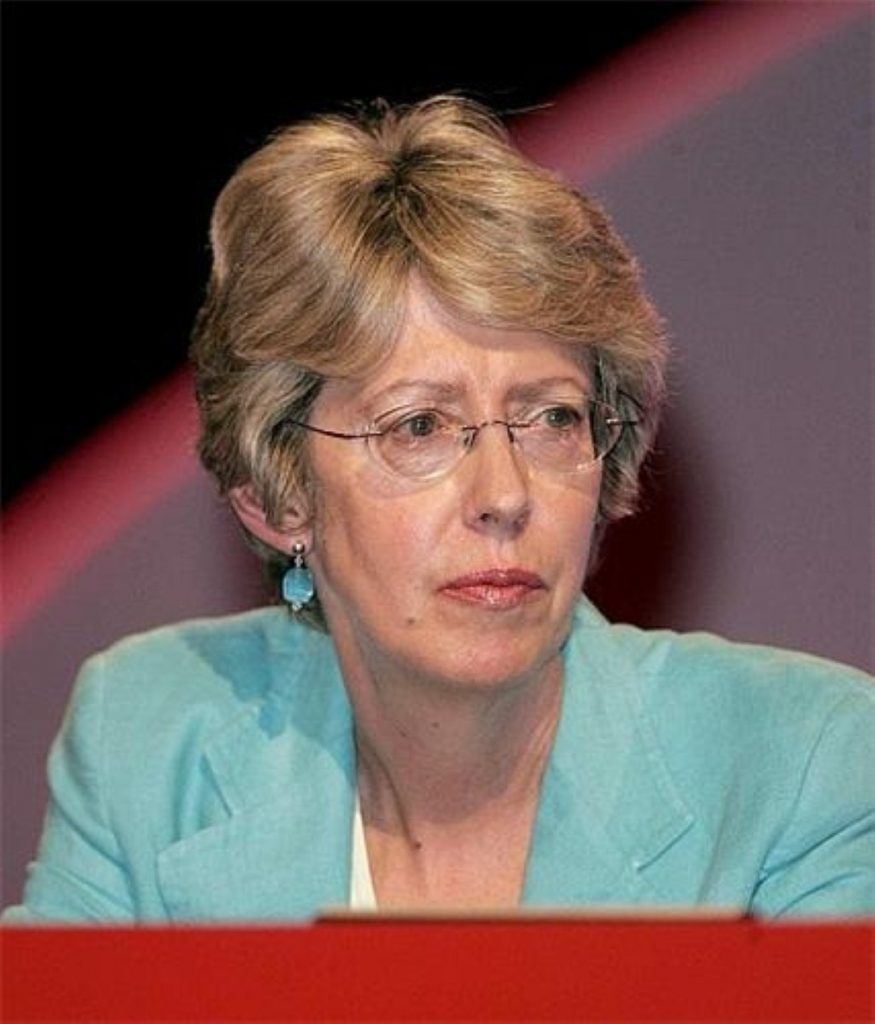GPs ‘paying themselves more than expected’
GPs were not expected to pay themselves quite as much as they have under the new contract that is now costing the NHS millions, the health secretary has admitted.
Patricia Hewitt also acknowledged that neither she nor the British Medical Association (BMA) had anticipated how much more work GPs would do following the introduction of performance-related pay in 2004.
However, she stressed the results of the new settlement meant GPs in England were “doing more for their patients in terms of prevention and good support for long-term conditions than almost any developed country in the world”.
And she argued that in last year’s renegotiation of parts of the contract, the BMA had accepted a zero per cent rise in the expense account. Equally, new “challenging” requirements on efficiency had been built into the deal.


The latest figures from the NHS Information Centre show the average GP salary in 2004-5, the first year of the new contract, was £106,000 – up 30 per cent on the previous year.
It is thought the government underestimated the cost of the new contracts by £300 million a year, something that is now a serious problem given the deficits facing many trusts.
In an interview with the BBC News website, Ms Hewitt said it was right that doctors were being paid more, saying that ten years ago, “NHS staff were shockingly badly paid”, and arguing that it meant fewer doctors were willing to become GPs.
But she admitted: “It’s quite true that neither the government nor the BMA anticipated quite how much more GPs would do in response to the performance-related pay.”
She said: “It is also true that GPs are taking a somewhat higher proportion of the income that comes to practices as a whole as personal income, as profit from the practice, and that was certainly wasn’t expected either.
“They make good money, they get paid more because they are doing more and they’re doing it more effectively for their patients, but we’d expect them to go on investing a healthy share of the extra money their practice is getting in even better services.”
This could take the form of extending their opening hours, Ms Hewitt said, noting that there was a “minority patients who certainly aren’t happy with the opening hours they are getting at the moment”.
Shadow health secretary Andrew Lansley said it was “sad” the government had underestimated by so much the work GPs did, adding: “For Patricia Hewitt to distance herself from the GP contract is a show of how low her own performance has sunk.”
Liberal Democrat health spokesman Norman Lamb told the BBC ministers had made a “hash” of GP contracts but said it was “not helpful for them to admit incompetence after the event”. He called for an urgent review into the government’s approach to NHS pay.
The BMA, meanwhile, defended GPs’ salaries, saying: “[Ms Hewitt] should be proud of the achievements of general practice, not denigrating doctors for delivering quality patient care.”












